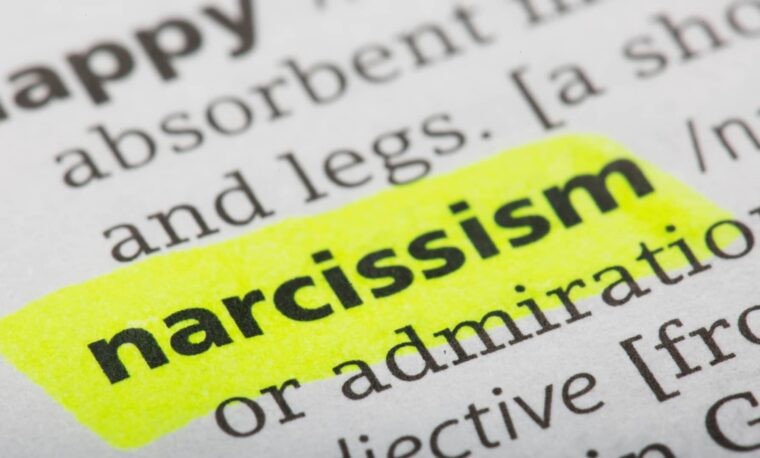What is psychotherapy?
Psychotherapy is a type of therapy used to treat a variety of emotional issues or mental health conditions, by talking to a trained professional. This may be a psychiatrist, psychologist, counsellor or another mental health provider. Psychotherapy can also be referred to as ‘talking therapy’, ‘counselling’ or merely ‘therapy’.
Working with a trained professional, you will learn about the condition you have (if any) and your history, and how these things affect your feelings, moods thoughts and behaviours. You will be able to see how these patterns have developed, as well as the impact it has on other areas of your life.
Through psychotherapy, you will be supported in taking control of your life, as well as how to deploy healthy coping mechanisms towards challenges you face.
Although it mainly focuses on talking with a professional, it can also take form in other methods, such as art therapy.
Psychotherapy can be used in the treatment of the following mental health conditions:
- Anxiety disorders
- Depression
- Addiction or substance abuse
- Trauma and PTSD
- Eating disorders
- Personality disorders
- Schizophrenia
Anyone experiencing any kind of difficulty can benefit from psychotherapy, and you do not need to be diagnosed with a mental health condition to seek or benefit from it. It can be a powerful tool for helping to positively express emotions, as well as understanding how you see the world.
Psychotherapy can be used to support individuals struggling generally with:
- Conflicts in their relationship or home life
- Work struggles with colleagues
- Coping with major life changes
- Loss or bereavement
- Stress
- Unhealthy behaviours
- Sleep issues
What happens in psychotherapy?
During your first session, you will usually meet with your therapist, so they can gather information about yourself and your needs. During this session, you will get an understanding of the types of therapeutic approaches they use, the goals of your treatment and how many sessions it is suggested you have.
Psychotherapy recognises the key role that trauma can play in our present. Therefore, over your sessions, the therapist will work with you to uncover how your past history and experiences have led to issues you may be facing today. By recognising this connection, people can learn to accept themselves and find more fulfilling ways of living each day.
Benefits of psychotherapy can include:
- Gaining a deeper insight into the issues you face
- Improved communication
- Strengthened relationships
- Feeling comfortable speaking candidly in a confidential and supportive environment
- Increased well-being
- Increased confidence
It is important that you connect with your therapist so that you feel comfortable divulging private and intimate details of your struggles. By being as open and honest as possible, it will help you to get the best out of your treatment.
Types of psychotherapy
There are a number of evidence-based and effective types of psychotherapies. Some types are better at treating specific mental health conditions than others.
Types of psychotherapies include:
- Cognitive behavioural therapy (CBT)
- Dialectical behavioural therapy (DBT)
- Interpersonal psychotherapy (IBT)
- Acceptance and commitment therapy
- Supportive psychotherapy
- Creative arts therapy (including art, drama or music therapy)
Psychotherapy sessions can occur in many formats, including individual, couple, or group sessions. The length of psychotherapy treatment can vary depending on the severity of your issues and symptoms, as well as how quickly you make progress.
Psychotherapy at Nightingale Hospital London
At Nightingale Hospital psychotherapy treatment in London can be accessed in an individual or group setting as part of an outpatient, day patient or inpatient programme.
We have a number of psychotherapists with a breadth of experience to match your individual situation. Because of this, we are able to offer specialised therapy for a variety of mental health conditions. This means that we will be able to provide you with a mental health professional that has specific experience in a type of mental health condition, for example, a type of addiction or eating disorder.
We establish successful patient/therapist partnerships and achieve the most effective therapeutic relationship due to this extensive expertise. We will take the time to understand your problem and individual needs.
We are an accredited service by the British Association for Counselling and Psychotherapy (BACP).

Useful resources
Interested in working at Nightingale Hospital?
Are you an accredited psychotherapist and interested in working at Nightingale Hospital?
Visit our careers page to see if we have any vacancies, or get in touch with our HR team to submit an expression of interest.
Related conditions
- Attention deficit hyperactivity disorder (ADHD)
- Anxiety
- Anger problems
- Anorexia nervosa
- Bipolar disorder
- Bereavement
- Behavioural addictions
- Binge eating disorder (BED)
- Bulimia nervosa
- Dual diagnosis
- Drug addiction
- Other Specified Feeding or Eating Disorders (OSFED)
- Gambling addiction
- Interpersonal difficulties
- Memory problems
- Mood disorders
- Obsessive-compulsive disorder (OCD)
- Post-traumatic stress disorder (PTSD)
- Phobias
- Postnatal depression
- Panic attacks
- Personality disorders
- Psychosexual difficulties
- Psychosis
- Self-harm
- Schizophrenia
- Suicidal thoughts
- Sleep disorders
- Stress
- Technology addiction









